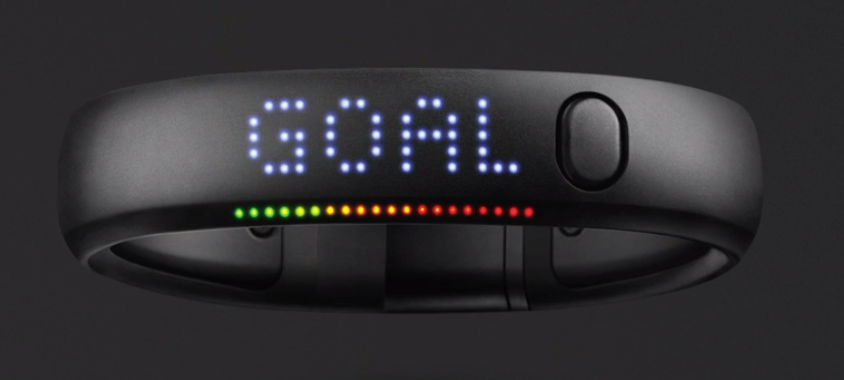Wearable Fitness Gadgets: Long-Term Success Solution Or Short-Term Pick-Me-Up?
 If your New Year’s resolution was to get healthy, then you’ve probably heard about popular health- and fitness-tracking technology, such as, Fuelband or FitBit. The gadgets monitor your activity and report progress toward goals, but are the devices actually effective long-term?
If your New Year’s resolution was to get healthy, then you’ve probably heard about popular health- and fitness-tracking technology, such as, Fuelband or FitBit. The gadgets monitor your activity and report progress toward goals, but are the devices actually effective long-term?
While many of the gadgets come equipped with reminders and programs that encourage you to increase your activity, after time, the rewards of such devices fade, Ars Technica reports.
The rewards of using a fitness-tracking device are rather simple; users see their progress everyday – resting time, active time and in some cases even their sleep patterns. Over time, a user can utilize the data to improve their lifestyle.
However, while the devices aid fitness and weight loss, one theory is they do not provide the lasting results one needs to maintain natural motivation. The external rewards of fitness-tracking devices, such as seeing the number of steps or calories burned, will plateau over time, and users will begin a natural decline in their fitness routines.
To maintain long-lasting weight loss, users of fitness-tracking devices, must be vigilant about their goals, Ars Technica reports.
So don’t count on your shiny, new fitness-tracker to automatically make you healthier. Instead remind yourself it’s just one piece of the puzzle on your fitness journey. Unless, of course, it gives you contact dermatitis, as some FitBit Force users developed.
The trouble with fitness gadgets [Ars Technica]
Want more consumer news? Visit our parent organization, Consumer Reports, for the latest on scams, recalls, and other consumer issues.

